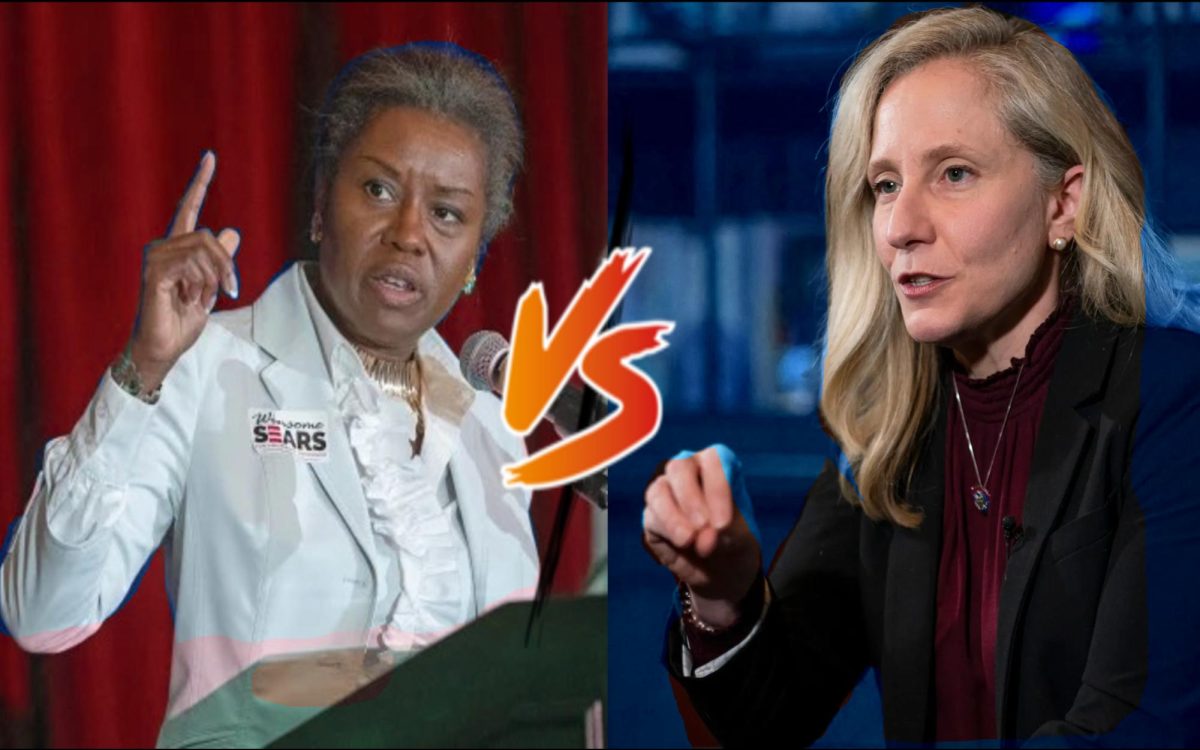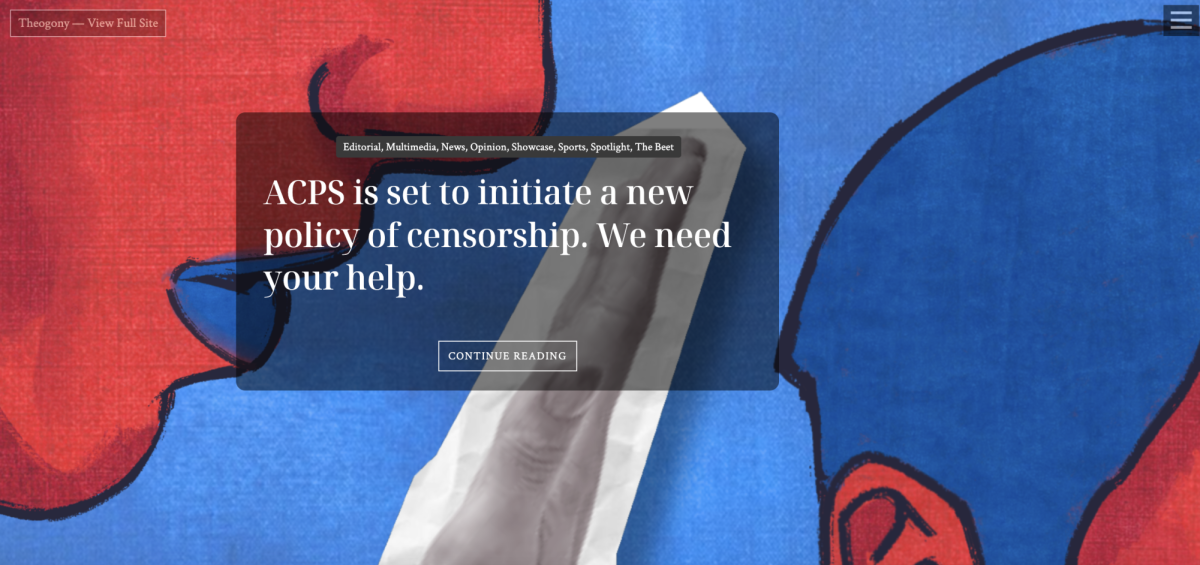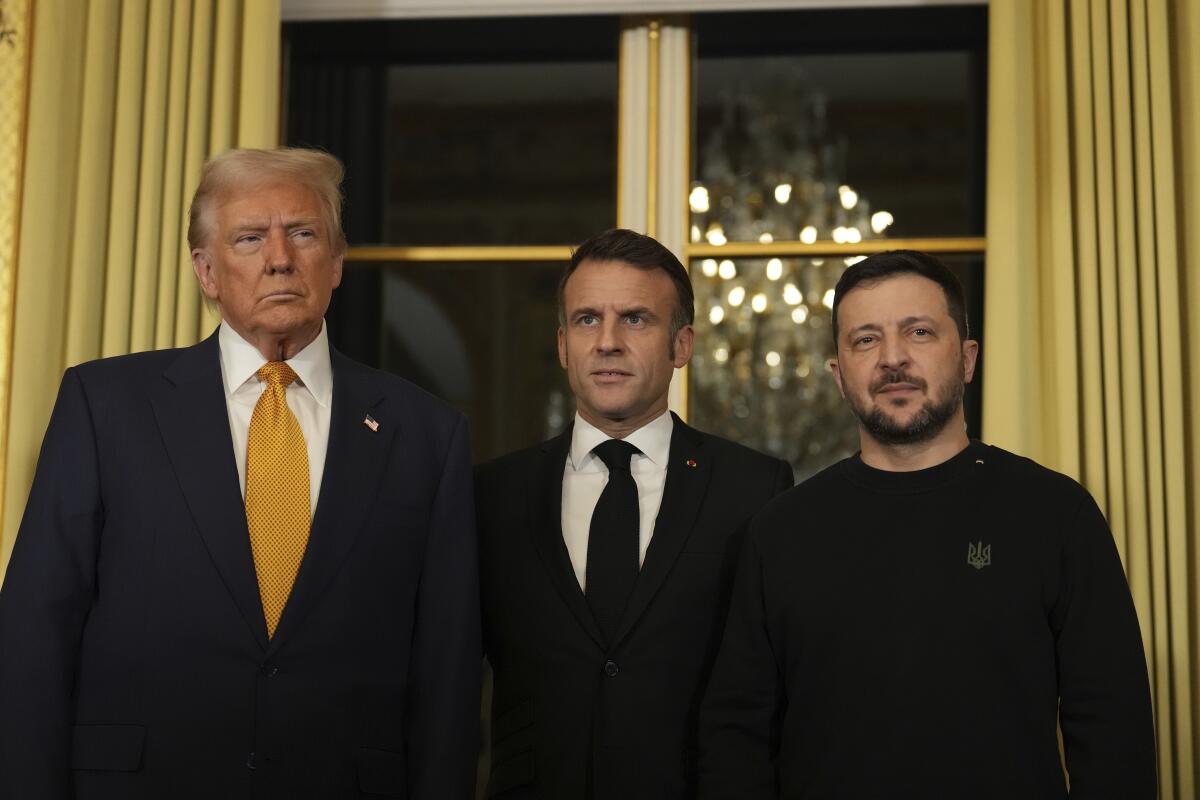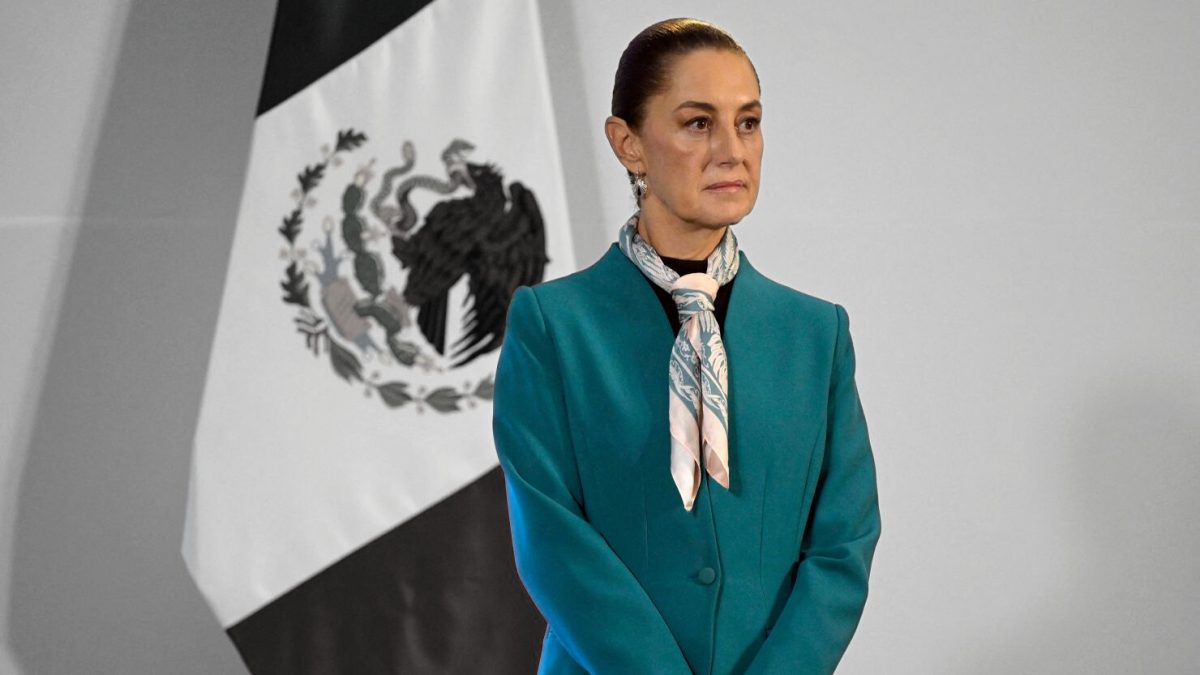For 80 years, the United States has enjoyed a strong alliance with European nations. According to the European Union, “the EU and US are each other’s main trading partners and account for the largest bilateral trade relationship in the world. [They] are each other’s largest investors and investment markets of first choice. Bilateral trade and investment directly supports around 9.4 million jobs on both sides of the Atlantic.”
AP Government teacher, Mr. Garikes, also stressed the importance of strong relations between Europe and America, emphasizing that “we get far more advantages as a country with a free, prosperous Western Europe, for our economy, for our citizens that visit Europe, and for the strength of democracy.”
Over the past several weeks, flip-flopping announcements on tariffs have created significant uncertainty among foreign countries regarding economic policy. President Trump announced major tariffs on most nations, including EU members and the United Kingdom.
Trump’s rationale for these drastic actions is a desire to reduce the US’ trade deficit, claiming that “chronic trade deficits are no longer merely an economic problem, but a national emergency that threatens our security and our very way of life.”
While the harshest tariffs have been suspended as trade negotiations take place, the uncertainty around economic policy as well as concerns about the war in Ukraine have prompted growing doubts about the reliablity of US support among European allies.
Visual arts teacher, Mr. Riley, who holds Italian citizenship, stated that “I think it’s clear European politicians are deeply disturbed by what the United States administration has been doing in regard specifically to economic policy, which has been fairly stable for several decades.”
Mr. Garikes reiterated this point, acknowledging that “I think there’s been damage. I think the Europeans probably are concerned about trusting the United States going forth.”
Polling has shown a precipitous drop in European views of the US, with around a third of people in Western Europe now expressing a positive view of the US compared to roughly half before the election, according to a YouGov poll. French teacher, Madame Van Way, noted that her relatives in France had been surprised by the tariff announcements and the fact that Trump was reelected in the first place.
Ms. Etherington, who works in the academic center and is a British citizen, explained that “what the US and the EU say matters a great deal to much of the rest of the world. I think any significant global developments can naturally influence international relationships, including those between Europe and the U.S. That said, the long-standing historical, economic, and cultural ties between the two remain strong, and many people on both sides are committed to maintaining positive collaboration.”
President Emmanuel Macron of France met with Secretary of State Marco Rubio on April 17 in Paris, where they discussed negotiations on an end to the war in Ukraine, which began in 2022 with Russia’s invasion. While the Trump administration has pushed for a quick end to the war, its efforts have yet to produce any progress on a cease-fire. Trump has adopted a diverging view on the war in Ukraine from his European counterparts, criticizing Ukrainian president Zelensky as a “dictator”, claiming, “you don’t start a war against someone 20 times your size and then hope that people give you some missiles.”
“I think the threat of Russia is something that Europeans feel is very immediate and any type of recognition by the US that Russia might not be the aggressor in Ukraine or somehow that the Europeans aren’t pulling their weight, are going to concern Europe,” said Mr. Garikes.
In an interview with Politico, German lawmaker Roderich Kiesewetter of the governing coalition offered his criticism of the new administration: “The Americans have switched sides… they are no longer a neutral broker, but someone who is distributing and promoting Russian narratives — especially calls for territorial concessions, no NATO membership and no European troops in Ukraine.”
As the Trump administration reorients its foreign policy around tariffs and disengagement with allies, concerns about the consequences of a return to a more isolationist policy have grown. Senator Todd Young (R-Ind) co-authored an opinion piece in The Hill warning of “the multitude of destabilizing trends that would be unleashed should the United States attempt to abandon our position of global leadership… it would be unwise to discount the host of benefits the post-World War II order has accrued to the United States.
Mr. Garikes also warned about the dangers of isolationism, stating that “I think history says isolationism doesn’t work,” emphasizing that the U.S. has benefited from the creation of institutions such as the IMF and World Bank since the end of the Second World War.
Mr. Riley acknowledged that “Europe seemingly no longer considers the United States an economic ally, and that is troubling.”

























